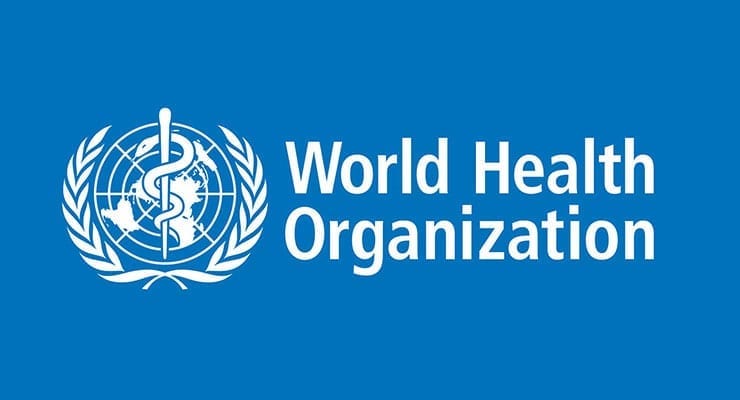 Worldwide, a record 130 million people are in need of humanitarian assistance, and disease outbreaks are a constant global threat. The new WHO Health Emergencies Programme aims to addresses the full risk management cycle, working with countries to address emergencies before they happen.
Worldwide, a record 130 million people are in need of humanitarian assistance, and disease outbreaks are a constant global threat. The new WHO Health Emergencies Programme aims to addresses the full risk management cycle, working with countries to address emergencies before they happen.
The new Programme is a profound change for WHO, adding operational capabilities to their traditional technical and normative roles. WHO will work with countries on prevention and preparedness as well as coordinate the international health response to contain disease outbreaks and provide effective relief and recovery to affected people.
Since 1 August 2016, WHO has operated under new emergency-management processes for risk assessment, grading of emergencies and incident management. Recent emergency responses have seen the Programme continually tested and adjusted.
Significant progress has been made in areas such as risk assessment and grading, coordination of WHO’s response at headquarters, regional offices and country offices through an Incident Management System, and the rapid release of funds from the WHO Contingency Fund for Emergencies. Lessons are being applied to adapt and improve the processes.
Yellow Fever Outbreak in Africa
WHO and partners supported the vaccination of at least 17 million people this year in response to the yellow fever outbreak in Angola and the Democratic Republic of the Congo, in complex campaigns that came together in a matter of weeks.
Response to Zika Virus
Within 10 days of the declaration of Zika and its associated complications being declared a Public Health Emergency of International Concern, WHO worked with 23 agencies to develop a common strategic and operational plan. WHO’s Contingency Fund for Emergencies was used for rapid initial cash disbursement.
WHO developed and rapidly distributed guidance to help countries in all aspects of the Zika response, from caring for affected infants, to eliminating mosquitoes, to strengthening health services for pregnant women living in affected areas.
Conflict in North Eastern Nigeria
In north eastern Nigeria, within 6 weeks of scaling up its emergency operations, WHO supported setting up a disease alert system in 160 health facilities which serve 85% of the 1.6 million displaced people in Borno state.
Hurricane Matthew in Haiti
In response to Hurricane Matthew in Haiti, WHO/PAHO quickly established 2 new field offices, deployed multinational teams of experts to support the government’s efforts to provide health services to affected areas, and sent essential supplies and medicines. Anticipating increased numbers of cholera outbreaks, WHO/PAHO prepositioned cholera supplies in at-risk areas. WHO/PAHO also evaluated health structures and services in Haiti to prioritize needs.
WHO regularly collaborates with partner networks to leverage and coordinate the expertise of hundreds of partner agencies:
- Global Health Cluster: More than 300 partners responding in 24 crisis-affected countries.
- Emergency Medical Teams: More than 60 teams from 25 countries classified by WHO to provide clinical care in wake of emergencies, with the number expected to rise to 200 soon.
- Global Outbreak Alert and Response Network (GOARN): Since 2000, approximately 2 500 health personnel in response to over 130 public health emergencies in 80 countries.
- Standby partners: In 2015, WHO’s Standby Partners deployed 207 months of personnel support to 18 countries.
- Inter-Agency Standing Committee (IASC): WHO is an active member of IASC, the primary mechanism for inter-agency coordination relating to humanitarian assistance in response to complex and major emergencies under the leadership of the Emergency Relief Coordinator.
The Programme is made up of 5 technical and operational departments, including: Infectious Hazards Management; Country Health Emergency Preparedness and the International Health Regulations; Health Emergency Information and Risk Assessments; Emergency Operations; and Emergency Core Services.
The Programme will dedicate more than 1000 core WHO staff to work on emergencies. It will harness WHO’s experience and technical expertise on all health hazards at all levels of the Organization to coordinate the international responses to health emergencies worldwide.
Read more about the structure and funding of the Health Emergencies Programme:

